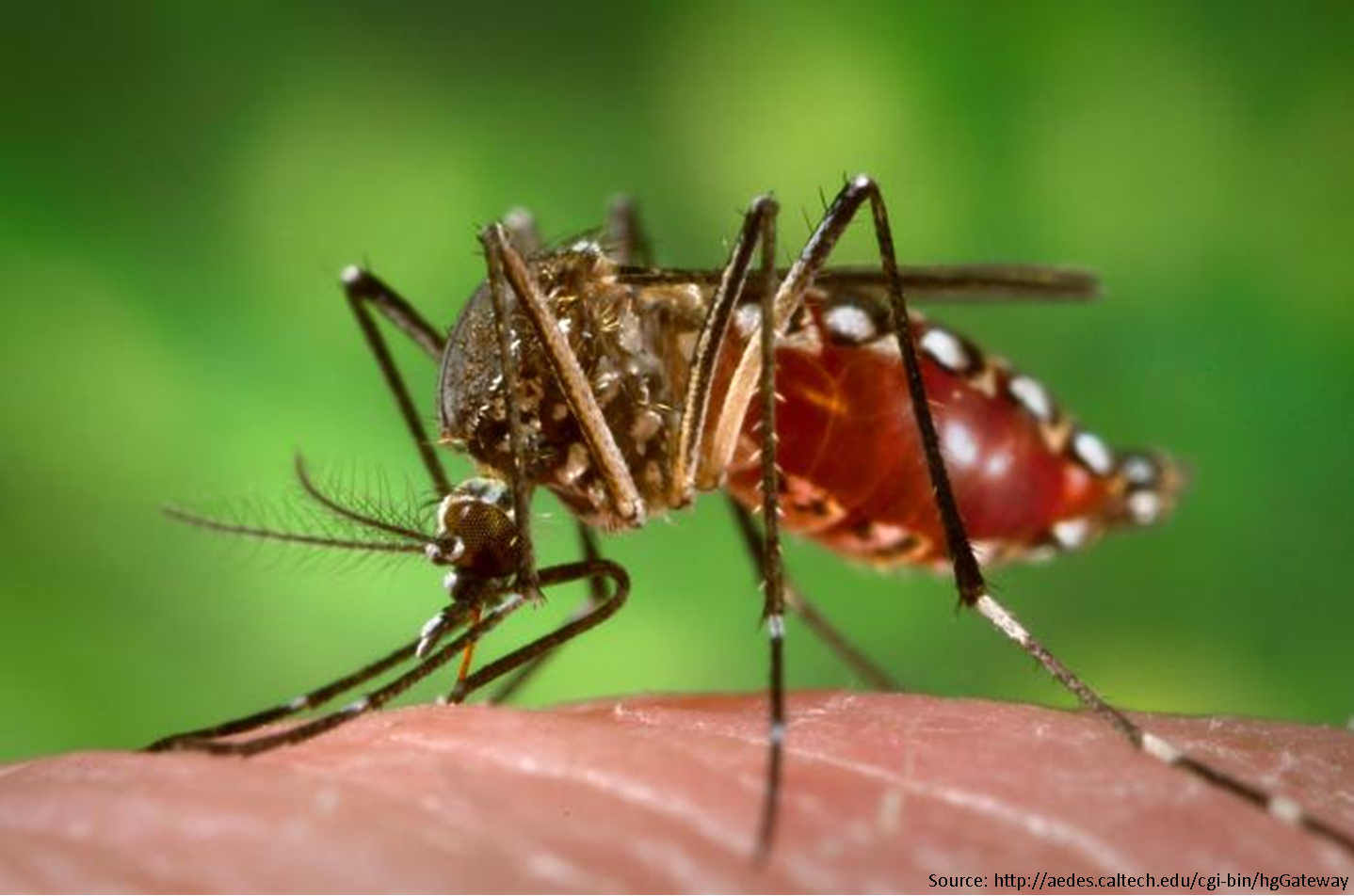I thought I would start this month’s blog post with a case.
A 36 year-old previously healthy woman presented 5 days into an illness which began with fever, fatigue, severe joint pain, painful mouth sores, and a diffuse skin rash. Her fever lasted 48 hours, and she has been afebrile since. She continues to have severe debilitating joint pain, fatigue, mouth sores, and a diffuse red skin rash.
On exam, she was afebrile with normal vital signs. She was quite uncomfortable due to the joint pains and she had aphthous ulcers. There was no frank joint swelling, and the remainder of the exam was normal. Labs revealed normal hemoglobin, a mildly low white blood cell count, and a mildly low platelet count. Electrolytes, inflammatory markers, and the liver panel were normal.
What are your thoughts on diagnosis or further work-up? How should we proceed?
By the way – the patient is a physician who frequently travels to work at a hospital in Haiti.
Since this is medicine, and most of us are here today because of multiple choice questions, I will pose the following:
Did you:
A.) Nail the diagnosis and know the next steps?
B.) Presume the work-up is complete since the patient probably came up through the ER anyway – we are just rubber stamps?
C.) Hope that you have a good infectious disease consultant on call, because you don’t do tropical medicine?
D.) Call your friendly neighborhood Heme/Onc colleague because of the mildly low platelets and WBC count?
E.) All of the above.
F.) None of the above.
Since this is a self-evaluative process, I will leave you to decide the answer for yourself. This case was one of the recent ones of imported Chikungunya from the Caribbean. If you would like to learn more about this disease and its spread to the U.S, I suggest the CDC website. This is likely a disease we all should learn more about (particularly in the southern U.S.) since it is likely to spread to other parts of the U.S. over the next few years.
Is Chikungunya a new superbug or pandemic? No. We do not need to start building underground bunkers, firebombing mosquito breeding sites, or closing our borders to international travel. It is, however a reminder of increasing global mobility and changes in climate. These affect the spread of epidemics and diseases we traditionally have not seen in the U.S.
If you have not heard about Chikungunya, you are not alone. The point is not that you should be expected to nail the diagnosis and next steps in management. As generalists, we cannot expect to know everything, but we do need to where to start – to “know what we don’t know”- and we also need to know how to give our patients the best possible care. I learned from one of my global health mentors that two of the most important questions in any patient interview are “Where were you born?” and “Where have you traveled?” These two simple questions can go a long way in directing you towards areas that require further investigation, and where to go for help. Options include further specialized training for yourself in global health courses, such as from the University of Minnesota Course where I work, taking one of many other courses, or knowing how to use resources such as the CDC or subspecialty colleagues.
Global issues are increasingly local, and it is incumbent on us as physicians to respond appropriately. The questions “Where were you born?” and “Where have you traveled?” can help direct us toward expanding or refining our differential diagnosis.



Leave A Comment